BITESIZE HEALTH HACK #4
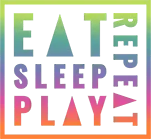
YOU ARE INVITED TO…
Get some Rayzzz
OK, if you’re suffering from burnout, then we really need to talk about sleep.
No, don’t close the page, I’m not going to suggest you more sleep. Lack of sleep has been my personal nemesis for longer than I can remember, so I know that “getting 7-8 hours sleep a night” isn’t a bitesize hack, it’s a fantastical dream you would dream if you could actually sleep long enough to dream. But we have to start somewhere and I promise it’s going to be bitesize.
You probably don’t need me to produce a scientific study to tell you that not enough sleep might be the reason you feel tired all the time, but did you know that not enough sleep could also be making you put on weight1, cause your immunity to drop considerably2,3, your cognitive ability and memory to plummet2,3 and depression and anxiety2 to increase?
Are you hearing me people? Not getting enough sleep is making you fat, sick, dumb, sad, old and eventually dead. But if you still aren’t picking it up, then watch the awesome and entertaining Ted Talk by Matt Walker (link in the references3) where he talks about sleep as a super power.
So, what first step can we take to start fixing this problem?
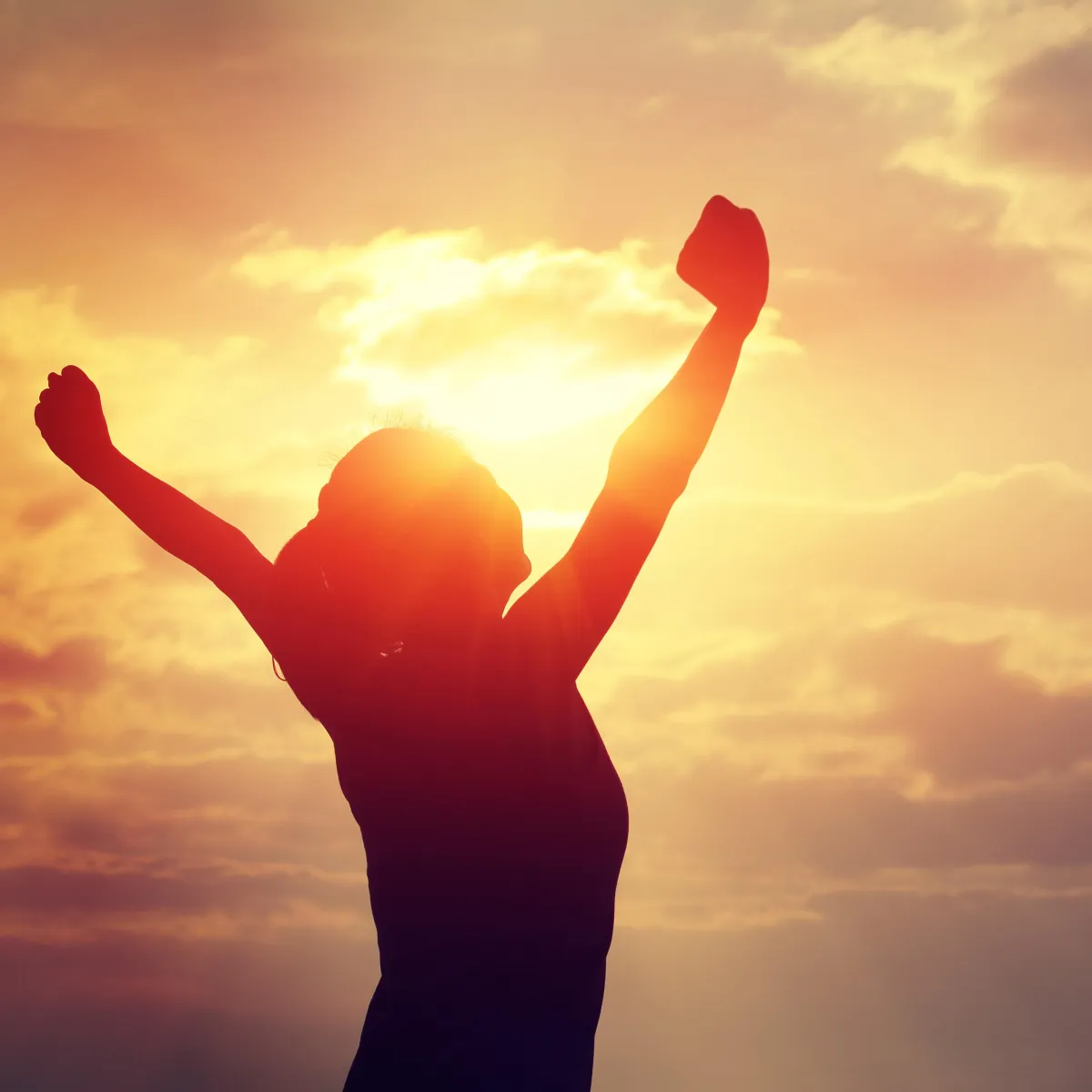
THE HACK
GET SOME DIRECT SUNLIGHT FOR 20-30 MINUTES IN THE MORNING..
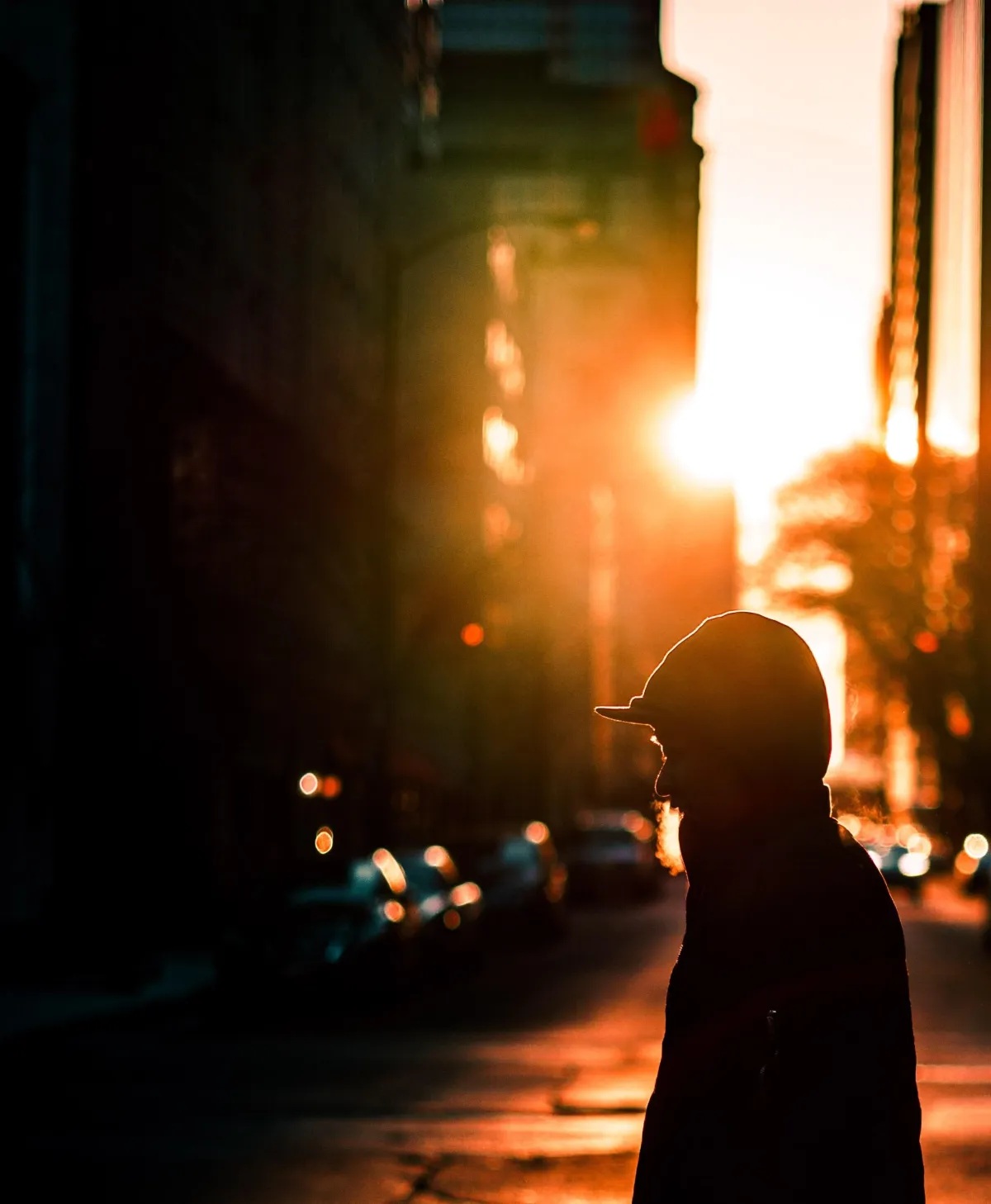
OVERCOMING THE CHALLENGES
If you work in an office and are not outside (or possibly not even near a window) for a good part of the day, then time your breaks strategically to get outside (or at least near a window) for 10-15 minutes in the morning.
You could also leave a bit earlier, so you can incorporate a walk outside for some part of your journey to work. Even 10-15 minutes will have benefits.
This may be particularly challenging in winter, when it is even more important to get some sun, so get out there even when it is a bit chilly and overcast so that your eyes and skin are getting exposed to daylight, because this still helps to balance the hormones of your circadian cycle and signal to your body when to feel sleepy and when to wake up.
Sit outside as much as you can, even if it’s a small courtyard or balcony.
While getting sunshine through a window is still great for sleep benefits, excessive time in harsh sunlight does have a slight added risk of too much UVA exposure, as only the shorter wavelength (vitamin D producing) UVB rays are filtered by the glass5,7.
Sunglasses can block the natural sunlight from reaching your optical receptors and potentially reduce the sleep benefits of the sun, so keep them off if possible. As an aside, if your sunglasses don’t have proper UV protection, they can potentially cause more damage to the eye than not wearing anything at all in bright light5
.
If all else fails and you really can’t get outdoors, then there are other hacks using artificial lighting such as bright halogen or infrared lights, or wearing blue blockers at night8, but it is the natural daylight that helps to synchronise your circadian rythm.
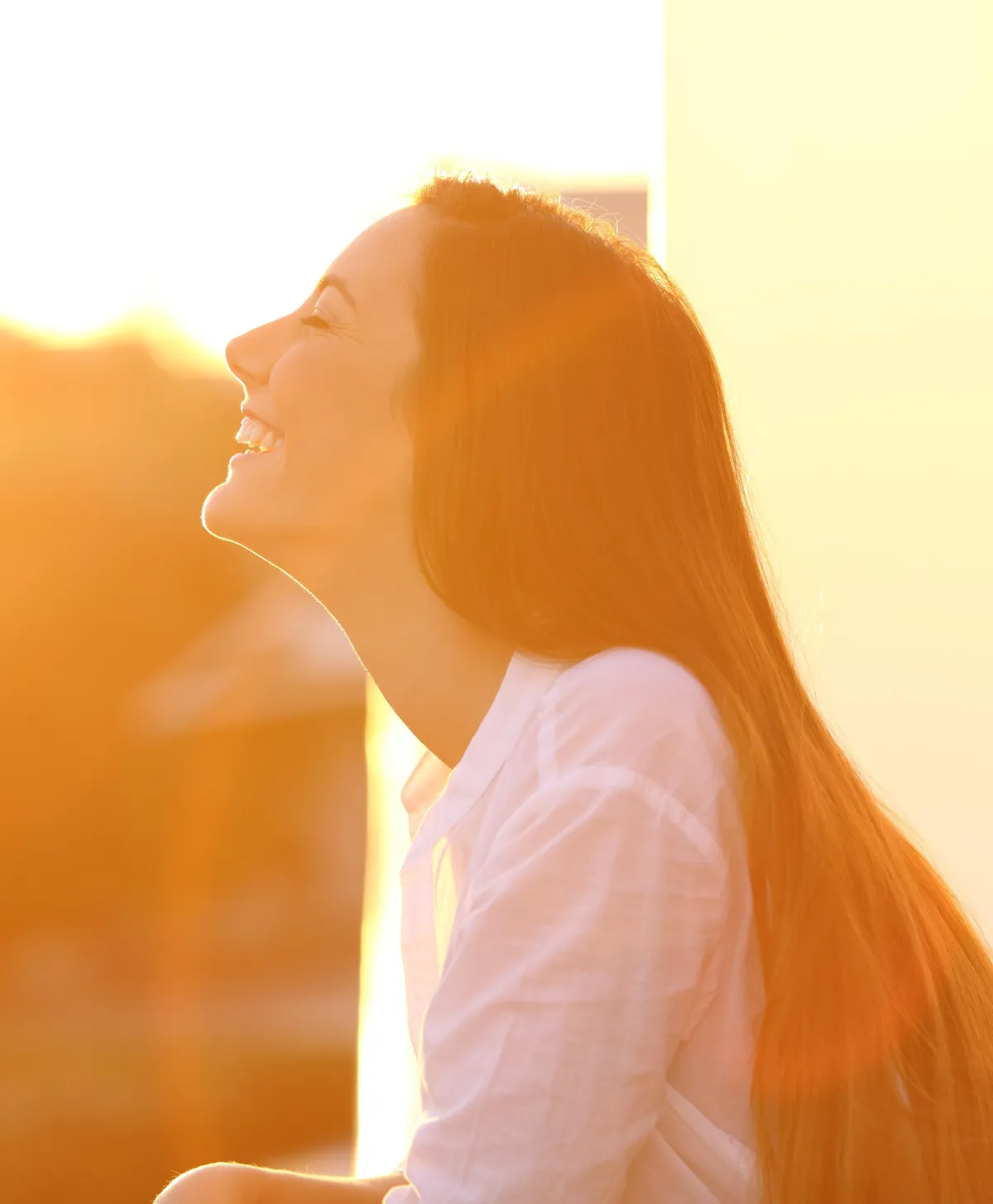
PSSST! DON'T MISS OUT ON ALL OUR OTHER BITESIZE HEALTH HACKS
If you wandered onto this page from somewhere other than our free Bitesize Health Hacks Kickstarter, then sign up now to get hold of all
10 of our Most Essential Bitesize Health Hacks
to creating lasting Health and Happiness.
MY TAKE ON THE
SCIENCEY SHIZZLE
(IF YOU’RE ALL ABOUT “BUT WHY…?”)

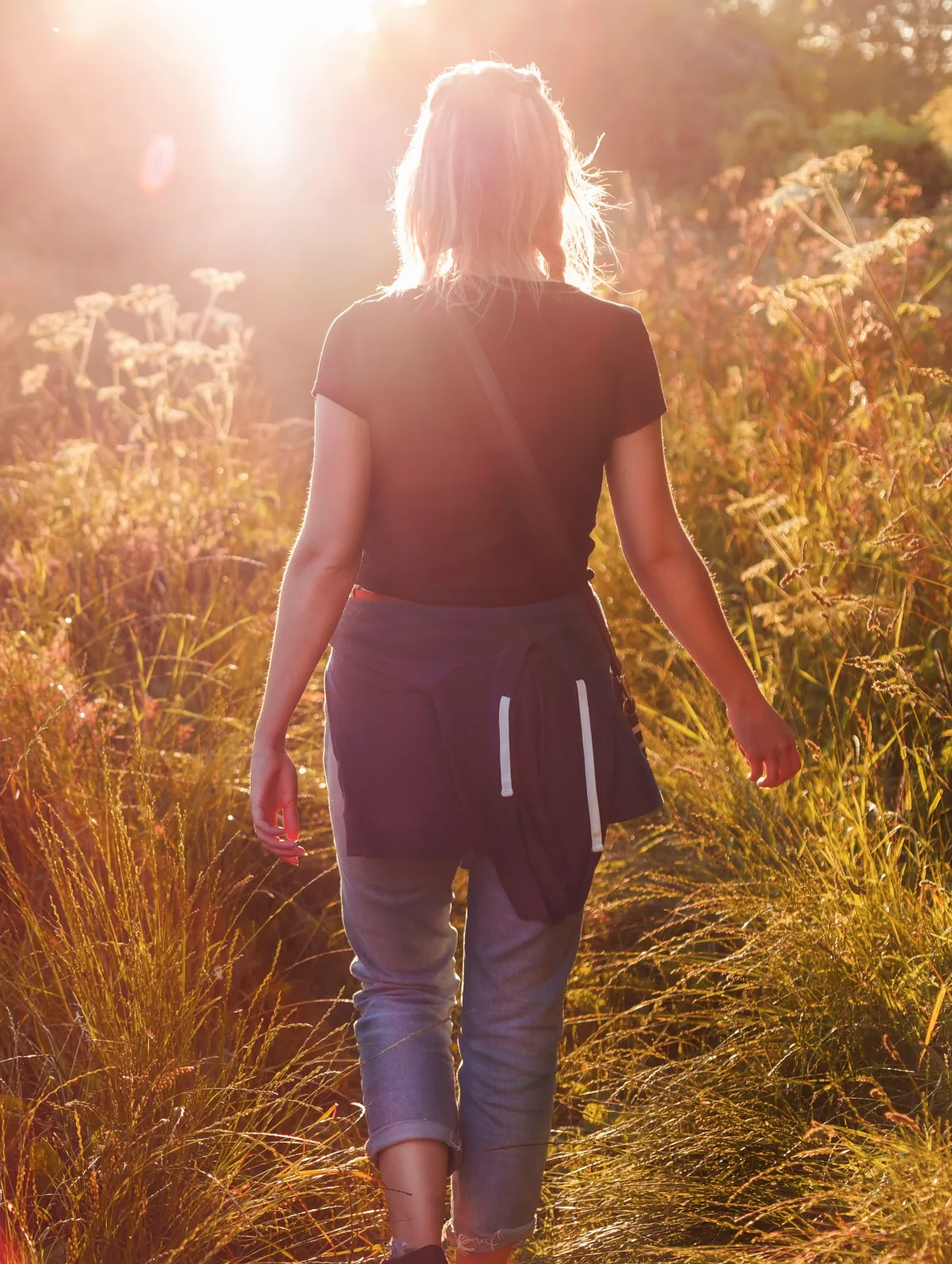
Your sleep cycle, or circadian timing system is heavily impacted by the amount of sunlight you receive during the day4,5,12. This circadian system helps to control your digestion, immune system, blood pressure, appetite and mental energy5.
In a very basic nutshell, sunlight to the optical receptors signals nerves in the hypothalamus (the master gland of your body’s hormonal system) to produce serotonin and cortisol, which generally give you more energy and tell your body to wake up and be alert5.
Towards the evening these hormones decrease and, as it becomes darker, the production of melatonin increases4 to help you sleep. So, too little light exposure in the day or too much artificial light exposure in the evening will negatively impact your ability to sleep well at night5.
Unfortunately, typical indoor lighting is 100 times less bright than outdoor light on a sunny day (and 10 times less bright than a cloudy day), so if you’re not getting outside enough in the day, you’re probably getting too little light exposure. Studies have shown that office workers with more natural light exposure tend to be more physically active and happier and have an overall higher quality of life13.
Sunlight doesn’t affect just sleep - it also promotes Vitamin D6, which, along with a myriad of benefits to the body, has been shown to have a strong correlation to better sleep11.
Other studies have shown that sunlight exposure may be effective in reducing obesity, insulin resistance, diabetes, stroke and heart disease9.
But while we’re talking about the effect of light on your sleep, it’s worth having a quick mention about the impact of blue light (electronic screens) at night. This blue light is triggering your body to produce more daytime hormones (such as cortisol) and also significantly reduce your production of melatonin4, 14, confusing your circadian clock and resulting in less and worse quality sleep and tiredness on waking.
That’s a whole other rabbit hole, but for now, if you’re not ready to give up before bed browsing, then please do turn down the brightness of your screens and lights at night so that you don't confuse your circadian rythm!
WANT MORE?
IF YOU'VE ENJOYED THIS HACK...
Then join us in our upcoming MOTIVATION JUMPSTART to take the same first steps that all our clients take on their journey to health and happiness with us.
Grab your priority waitlist spot now to ensure you get notified first about the once-only $1 offer to celebrate our upcoming Fit, Fired-up and Fabulous membership launch.
REFERENCES
Awesome Ted Talk by Matt Walker about sleep
https://www.ted.com/talks/matt_walker_sleep_is_your_superpower?language=enStudy on the Effects of Red and Blue Lights on Circadian Variations in Cortisol, Alpha Amylase, and Melatonin
https://www.ncbi.nlm.nih.gov/pmc/articles/PMC2905913/Sleep Smarter, 21 Essential Strategies to sleep your way to a better body, health and success - Shawn Stevenson, published by Hay House 2016
Study into the benefits of sunlight
https://www.ncbi.nlm.nih.gov/pmc/articles/PMC2290997/A great and balanced article from Dr Mark Sisson on sun exposure through glass
https://www.marksdailyapple.com/sun-exposure-glass-vitamin-d-uva-uvb/Superhuman, The Bulletproof Plan to Age Backward and Maybe Even Live Forever- Dave Apsrey, published by Harper Collins 2019, pgs. 82 – 89
Study suggesting that sunlight may be effective in reducing obesity and metabolic syndrome - https://pubmed.ncbi.nlm.nih.gov/25342734/
Article suggesting moderate sunlight exposure is better than none in terms of UV damage - https://www.health.harvard.edu/diseases-and-conditions/benefits-of-moderate-sun-exposure
Review by Examine on a study on the effect of Vitamin D Supplement on the quality of sleep
https://examine.com/nutrition/can-supplemental-vitamind-improve-sleep/Research study into Effects of light on human circadian rhythms, sleep and mood
https://www.ncbi.nlm.nih.gov/pmc/articles/PMC6751071/Study showing office workers with more natural light to be more active and happier https://www.ncbi.nlm.nih.gov/pmc/articles/PMC4031400/
Reduction of melatonin from screens at night
https://www.scientificamerican.com/article/bright-screens-could-delay-bedtime/This is an unrelated article, but if you scroll to the end, there is a cool graph showing the cortisol release cycle
http://www.imperialendo.com/prednisolone-in-vasculitis
© 2023 EAT. SLEEP. PLAY. REPEAT